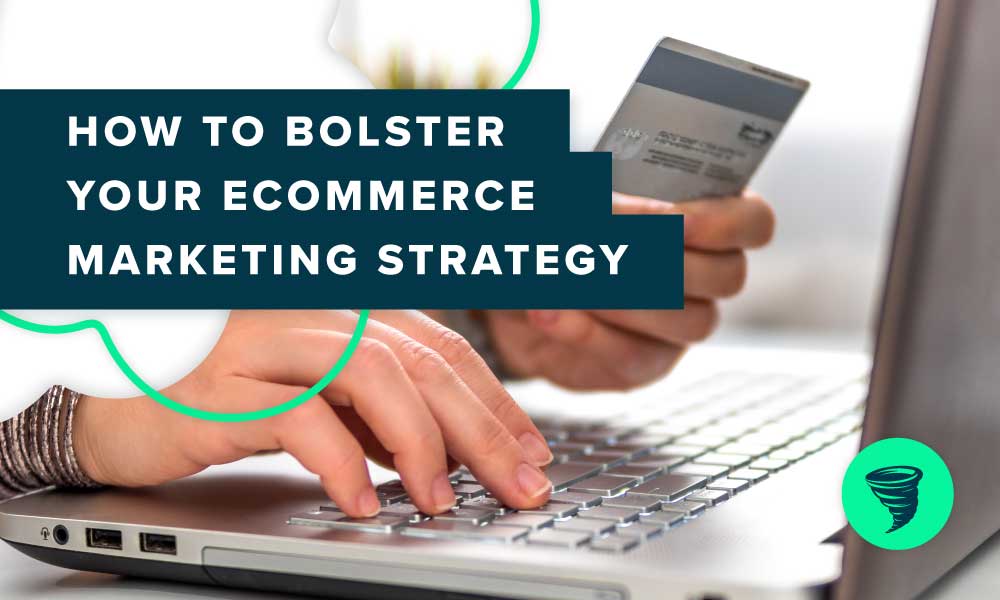Consumers spent over $860 billion with online retailers in 2020, and that number is expected to grow even more in 2021. With more customers shopping online and low startup costs, the competition for eCommerce businesses has never been higher. Plus, a global pandemic has forced many brick-and-mortar stores to close and move online if they want to survive. It can be easy for your business to get lost in the noise.
Having a solid eCommerce marketing strategy in place will set you apart from your competition and make your business stand out from the crowd. Here are several eCommerce marketing strategies that you can implement to bolster sales.
Ecommerce Website Design
Having an attractive and friendly website design has always played a key role in having a successful eCommerce marketing strategy. Customers will judge your website the second that they click on it. To design an effective, fast-loading eCommerce website, you need to plan, conceptualize, and arrange your content and products in an attractive and user-friendly way that appeals to your target audience.
Ecommerce Content Marketing
Content marketing is focused on creating and distributing valuable, relevant, and consistent content to attract and build your customer base. Ecommerce content marketing strategies can include blogging, video content, webinars, ebooks, checklists, and so much more! Rather than spreading yourself thin and creating each of these types of content, focus on what your customers want to see or read and what they will get the most value out of.
Social Media Marketing
Ecommerce social media marketing can be powerful since each platform has so many active users. What’s more, 70% of shoppers turn to social media for product discovery, making social media a great place to make your target market front and center, test potential ad campaigns, reach new customers, and stay top-of-mind with existing customers.
You can have an entire shopping experience directly within some social platforms (such as Instagram and Facebook) so customers never have to leave the app, which can allow for a better shopping experience with fewer steps to buy. Social media is also a great place to manage your brand’s reputation and to address any contentious (or other) conversations about your company by talking directly to your customers and responding to reviews.
Email Marketing
Email marketing can be one of the most effective tools for your eCommerce marketing strategy. Email marketing gives you the opportunity to show off your product photos, offer discounts to a loyal group of customers, and even tease new products! It is important to be mindful of your email marketing strategy to ensure that it doesn’t come across as spam. Rather, take the time to personalize emails and give readers content that actually interests them, which will make them more likely to stay engaged and buy from your store.
Email marketing still has one of the highest ROIs of any form of marketing and allows for automation that simply doesn’t exist with many other channels. Based on the 2016 Annual Email Marketing Report from Campaign Monitor, email had an ROI of 4400%, and that number has increased year over year. Email isn’t going away anytime soon and will make (and save) you money.
Pay Per Click Marketing
PPC (Pay Per Click) marketing means that you pay each time someone clicks on your advertisement on a platform such as Google. The most popular PPC ads are display, paid search, and shopping campaigns— each can be great in your eCommerce marketing strategy:
- Paid search ads will appear at the top of the search results and will appear when customers search for specific keywords. They can produce a high conversion rate.
- Display ads— or banner ads— appear on websites, games, apps, etc. They are perfect for retargeting and driving brand awareness.
- Shopping campaigns appear directly in the search results as a product listing, typically at the top of the search results page. Once someone clicks on a product, they will be redirected to the website to purchase the item which is ideal for retailers.
Search Engine Optimization
SEO produces the highest return on investment of any eCommerce marketing strategy. SEO is the process of optimizing the content on a website to increase its visibility in the search engines and its relevance to the searcher. The more relevant your content, the higher your website will appear in unpaid (organic) search engine results. In a competitive arena where 75% of searchers never look past the first page of results, optimizing your content for search engines and users is a cost-effective way to put your business in front of the customers who want to find it and have the intent to purchase.
With so many different eCommerce marketing strategies available, it can be hard to know what is best for your business and where to focus your energies (and budget). At Big Storm, we offer web design and digital marketing solutions specifically tailored for eCommerce stores and online sellers, including all of the strategies listed above and so much more! We can work with you to increase sales, boost engagement, and strengthen your brand. Learn more about our eCommerce marketing services here.

